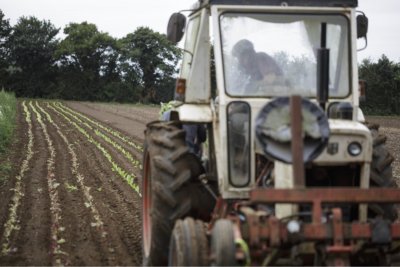The test results were obtained by Greenpeace from the US Environmental Protection Agency after a Freedom of Information request. They show that two neonicotinoid-based pesticides made by the companies seriously harmed colonies at high doses, although they did not find significant effects at low concentrations.
According to the report in Euractiv (available
here), Syngenta had told Greenpeace in August that 'none of the studies Syngenta has undertaken or commissioned for use by regulatory agencies have shown damages to the health of bee colonies'.
Exposure of the unpublished data led UK bee expert Professor Dave Gouldson to call for all such research to be made public: 'Given all the debate about this subject, it is hard to see why the companies don’t make these kinds of studies available.'
Neonicotinoids are the world’s most widely used insecticides. There is clear scientific evidence that they harm bees at the levels found in fields, though only a little to date showing they harm bee colonies. Neonicotinoids were banned from use on flowering crops in the EU in 2013, despite opposition from some UK voices.
Read more about Sustain's work on food and agriculture policy
here.
Published Friday 23 September 2016
Sustain: Sustain The alliance for better food and farming advocates food and agriculture policies and practices that enhance the health and welfare of people and animals, improve the working and living environment, enrich society and culture and promote equity.





